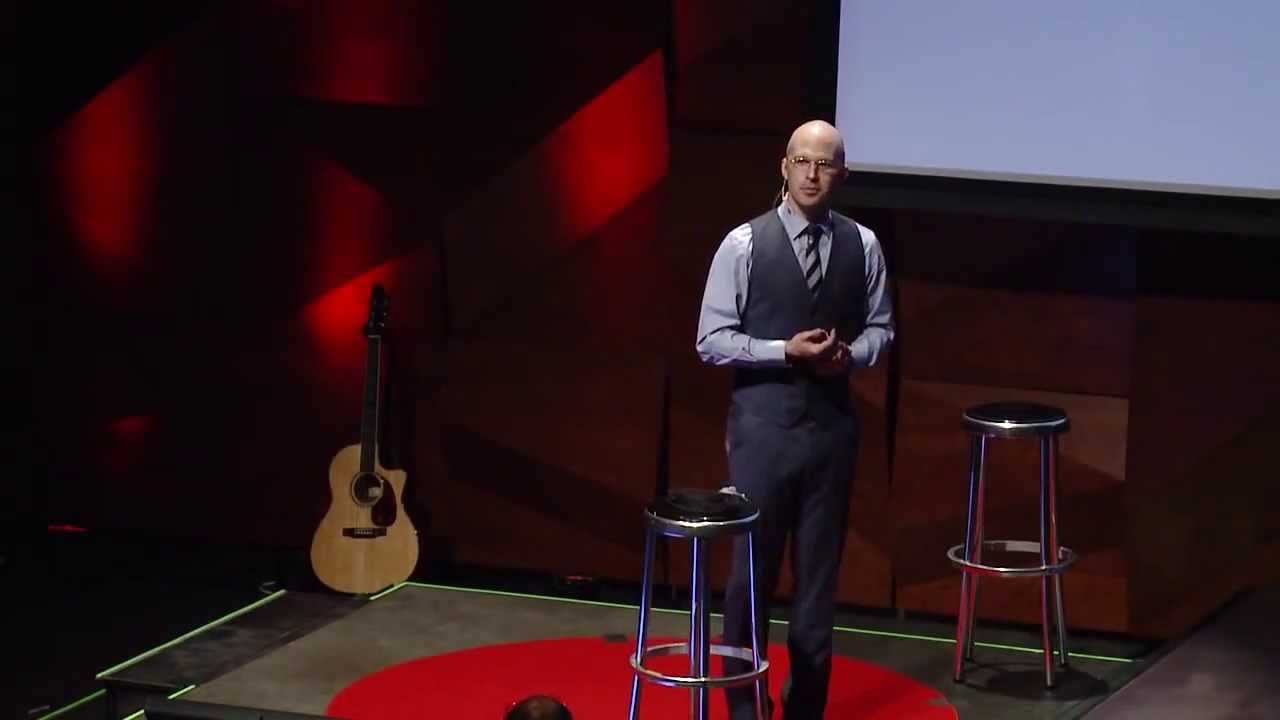
If you could learn anything that you wanted within 20 hours, what would you learn? It might not sound like a long time, but a book titled 'The First 20 Hours' and accompanying TED talk from Josh Kaufman has shown that you through using rapid skill acquisition techniques you can go from knowing absolutely nothing, to performing at a high level of skill within a very short period of time.
Josh's book topped the Amazon best sellers lists, and while you think that this might seem too good to be true, it's not. Kaufman hasn't invented a new way of learning that will change the way consume educational material forever, but he has developed a great process that you can follow and will ensure that you absorb as much information as possible on a subject within a shortened timeframe.
Once we are in our mid twenties and our brains are fully developed, we are able to learn new material a more rapid rate and adapt to new processes, but it's not quite that simple. We live in a world of distractions. It doesn't matter which directions you look, there is now a device that is sitting and vying for your attention. If it's not your TV it's your laptop, if it's not your laptop it's your phone and so on.
We've grown so used to checking out mobile devices, that the average person needs to make a concerted effort to not check their device every 10 minutes. These habits have had a negative impact on our attention span, and made it even harder for us to be able to sit down for an extended period and concentrate.
Josh's process to help people speed up their ability to learn is based around a simple process of removing these distractions and committing yourself to regularly spending time to learn your new skill. When you first learn anything new, you are not going to be good at it, making it hard to push through, but once you get through those first 20 hours, you might surprise yourself with how good you have become in such a short space of time.
As outlined in the image below, the are four key elements in the process:
Practice as quickly as you can
It's great to spend time researching your topic and finding out as much as you can, but jumping into actually practicing is much more valuable. It doesn't matter if you're learning coding, an instrument, management skills or how to use a new computer program, jumping in and practicing using the tools/program/skills is going to allow you to pick up the concepts much faster than reading about them.
Remove the barriers to practice
What is keeping you from learning. Are you sitting on the couch scrolling through endless social media feeds or half watching a tv show? Instead, why not spending that tie focussing on learning something new. By turning off all of your mobile devices and your tv, you can really focus on creating a space where you can be fully immersed in your learning or practice. Try setting aside some time every day for learning. It might only be half an hour, but half an hour of fully immersive distraction free time can make a huge difference to your ability to learn!
Leave visual reminders
The world we live in is full of reminders. You can't go for an hour without something popping up on your mobile device to remind you about something you should be looking at, and everywhere we look there are advertisements vying for our attention. We should learn from this and incorporate it into our learning process. Leave yourself some visual cues to remind you to commit to your daily learning or practice time. This could be as simple as leaving your laptop or a notepad on the kitchen table, but it works as a trigger reminding you that you need to spend time learning.
Commit to practice
Learning anything new is never easy to begin with, but as you progress and spend more time understanding fundamentals and practicing your new skill, you will see vast improvement. It's important to commit t0 practicing to reach this point though. It can be easy to come home and say 'I'm feeling pretty tired tonight, i'll just skip today', but when one day turns into two days, and two days turns into a week, we are only cheating ourselves. Committing to practice can be tough, but sticking to a learning routine will yield great results.
Following Josh's steps aren't a guarantee that you will learn faster, but they will provide you with a great basis in which to go about learning any new skill doing pretty much anything! His reinforcement of committing time on a regular basis is a great way to be approaching any learning task, and but removing distractions we are letting our minds fully absorb the learning material and getting up to speed much faster.
So, what are you going to spend your next 20 hours learning?





